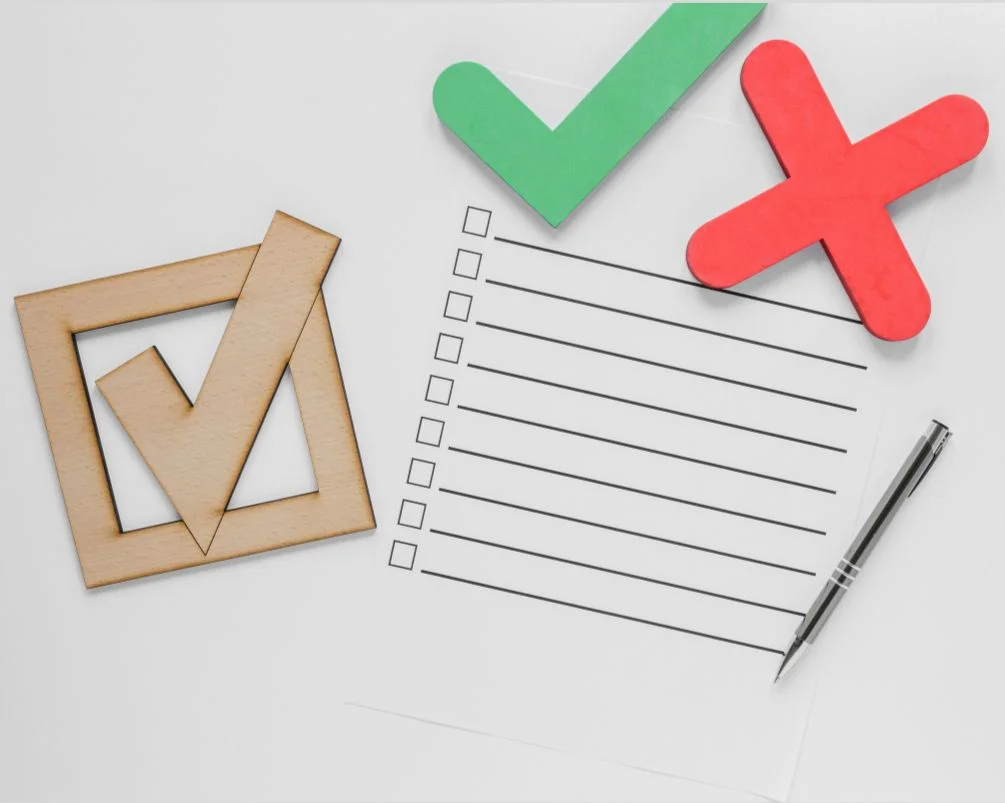What are you looking for?
Search
Welcome to Apotheek Plus France!

Dos and Don’ts: Safe Clonazepam Usage for Better Sleep

Clonazepam calms the brain and is used to help those with anxiety and sleep disorders. Doctors often prescribe it for panic attacks, seizures, and sleep problems. It is effective, but it needs to be used safely to avoid risk.
Sleep problems pose major issues for numerous people, and countless individuals take medication to help remedy them. But when misused, these drugs can lead to dangerous health problems. Knowing how to properly utilize Clonazepam allows for improved sleep with fewer side effects.
Understanding Clonazepam
Clonazepam 2mg is a type of benzodiazepine. It enhances the effects of gamma-aminobutyric acid (GABA), a neurotransmitter that has a braking effect on brain activity. It lowers anxiety and has a calming effect, which makes it easier to fall asleep.
Doctors prescribe it for many conditions, such as
-
Anxiety and panic disorders
-
Seizures and epilepsy
-
Acute treatment of insomnia
Dos for Safe Clonazepam 2 mg Usage
1. Follow the Prescription
Do not take Clonazepam more often than your doctor prescribes. Your dosage is based on your condition, medical history, and response to treatment. If in doubt, speak to your doctor before altering anything.
2. Take the Correct Dose
Do not increase or decrease your dose without a doctor’s approval. Taking more than prescribed increases the risk of dependency and side effects. If your medication doesn’t seem to help you, talk to your doctor; don’t increase the dose on your own.
3. Monitor for Side Effects
Clonazepam may cause adverse effects, particularly at the start of treatment. Watch for symptoms such as:
-
Drowsiness
-
Dizziness
-
Coordination problems
-
Memory issues
4. Keep a Regular Sleep Schedule
Clonazepam is most effective when used with a healthy sleep protocol. Try to:
-
Go to bed at a consistent time each night
-
Avoid naps during the day
5. Store Medication Safely
Store Clonazepam away from children and pets. Keep it away from direct sunlight in a cool, dry place. This medication can be misused, so be sure that only the person for whom it is prescribed has access to it.
Don’ts for Clonazepam Usage
1. Don’t Abruptly Stop the Medication
Common withdrawal symptoms of clonazepam, which can occur when a Victorian tradesman stops taking the drug suddenly, include:
-
Anxiety and restlessness
-
Trouble sleeping
-
Tremors and sweating
-
Seizures (in severe cases)
2. Don’t Mix with Alcohol or Recreational Drugs
This can lead to major health risks when Clonazepam is used with alcohol or other depressants. These slay the central nervous system, which results in:
-
Extreme drowsiness
-
Breathing difficulties
-
Loss of consciousness
-
Increased risk of overdose
3. Don’t Exceed the Prescribed Dose
Taking more than the recommended dose can cause overdose. Symptoms of overdose include:
-
Confusion
-
Slurred speech
-
Weak muscles
-
Loss of consciousness
If you think you may have taken too much, get medical help right away.
4. Don’t Share Your Medication
Clonazepam is a highly regulated drug. It is illegal and unsafe to share it with others. What works for one person may backfire for another, especially in the absence of medical supervision.
5. Don’t Neglect Follow-Up Appointments
Having regular check-ups helps your doctor to check how the medicine is affecting you. They may be able to adjust your dose or recommend alternatives. If you skip these appointments, complications may arise or ineffective treatment may be provided.
Tips for Supporting Healthy Sleep Alongside Clonazepam
Pills can’t solve sleep issues by themselves. Pairing it with healthy sleep habits helps optimize long-term results. Consider these tips:
Establish a Calming Bedtime Routine
-
Avoid stimulating activities before bed.
-
Try relaxation techniques like meditation or deep breathing.
-
Read a book or listen to calming music.
Reduce Caffeine and Screen Time
-
Avoid caffeine in the afternoon and evening.
-
Reduce phone and computer use before bedtime.
-
Use blue light filters if you must look at screens.
Create a Comfortable Sleep Environment
-
Keep your bedroom cool, dark, and quiet.
-
Use comfortable bedding.
-
Avoid heavy meals right before sleep.
Consider Therapy for Anxiety-Related Sleep Issues
Cognitive Behavioral Therapy (CBT) helps people manage stress and anxiety, which often disrupt sleep. A therapist can teach coping strategies to reduce reliance on medication.
Alternatives to Long-Term Clonazepam Use
While Clonazepam helps in the short term, long-term use carries risks. Other options may provide safer and more sustainable results.
Cognitive Behavioral Therapy for Insomnia (CBT-I)
CBT-I is a structured therapy that helps people develop better sleep habits. Studies show it can be as effective as medication without side effects.
Lifestyle Changes for Better Sleep
-
Regular exercise improves sleep quality.
-
A balanced diet supports overall health.
-
Managing stress through relaxation techniques reduces anxiety.
Other Non-Benzodiazepine Medications
-
Melatonin supplements for regulating sleep cycles
-
Antidepressants that also aid sleep
-
Antihistamines with sedative effects (used occasionally)
Discuss these options with your doctor before making changes.
Conclusion
Clonazepam is an effective anxiety medication that also supports better sleep, but it must be used with caution. By following the prescribed dosage, avoiding risky behaviors, and maintaining healthy sleep habits, patients can maximize its benefits while minimizing risks.
Key takeaways include:
-
Always follow your doctor's instructions.
-
Do not stop suddenly or increase your dose without medical advice.
-
Avoid alcohol and other depressants.
-
Maintain a regular sleep schedule and healthy habits.
-
Consider non-medication alternatives for long-term sleep management.
If you need a safe and regulated way to obtain Anxiety Medication like Clonazepam, you can use a trusted online pharmacy in France that complies with all local regulations. Consulting your doctor for personalized guidance ensures Clonazepam remains a helpful tool for managing sleep and anxiety without unnecessary risks.








